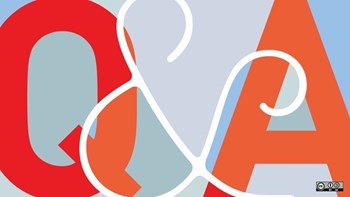
Q. I’m trying to get information on or determine what specifically a board cannot assess owners for. Our bylaws are extremely clear on what we can assess for—largely major improvements for the building. However, what can’t or shouldn’t the board assess owners for?
—Questioning in Quincy
A. “Generally speaking, the board can permissibly pass along any association expense to the unit owners,” says Dean Lennon, an associate attorney at the law firm of Marcus, Errico, Emmer & Brooks, P.C., in Braintree, Massachusetts. “For example, if there is a budget overrun for snow plowing and there is not enough money in the operating account to cover the expense, the owners can be specially assessed to cover the shortfall. Each owner then pays their proportionate share of the bill. Likewise if an owner is moving furniture into his unit and scratches the common hallways, the costs of repainting the wall can be assessed solely to that owner as he alone is responsible for the damage. Those are very different association expenses, but both can be assessed against the unit owners or unit owner, depending on the situation. “If the writer is concerned about late fees and fines relative to unpaid condo fees or rules violations, the Massachusetts condominium statute allows for the assessment of such charges even if they are not specifically provided for in the condominium’s declaration of trust and/or bylaws. The statute provides the needed authority to so assess. “The final sub-question asks about what owners should not be assessed for. If the association has a robust operating account and money in reserves for capital expenditures, those funds should first be utilized before making a special or supplemental assessment. If the roof collapses and the board has been dutifully placing money in reserves over the years, the board should first look to the reserve account to fund the roof replacement. “The primary reason for utilizing cash on hand and not assessing is to avoid collection issues when financially strapped owners cannot afford to pay an additional unexpected fee. Money is placed into reserves and the operating account to be used when necessary, so go ahead and utilize them! However, if there is a very large expenditure that would dry up all funds, the board must reassess and consider a special or supplemental assessment or obtaining a loan to cover the costs. The loan payments would be assessed to each owner based on proportionate interest.”






Leave a Comment